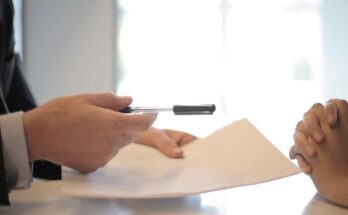Getting a mortgage has always been complicated. As recently as 10 years ago, many lenders required significantly less paperwork. With digital options for sending documents, mortgages are often accompanied by even more paperwork.
The process consists of gathering documents, time, and money. When you are already collecting the documents you need before applying for a mortgage, not only will it make it faster when you can go to closing your deal sooner but will simplify the process in general.
Documents You Need to Apply for a Mortgage
A mortgage pre-approval may come without much hassle, save filling out a uniform residential loan essay. This essay will take into account your finances, previous jobs, and how you qualify as a borrower. Here’s what you’ll need to fill out the uniform residential loan application.
What kind of documents do you need when applying for a mortgage
Imagine this: your lenders want proof that you can afford the mortgage payments, and watch as it fills in with what you watch as required documentation. What to consider when applying for a mortgage
Your lender will check your debt obligations to calculate your debt-to-income ratio and will want to make sure you have the assets necessary to be financially sound after paying the down payment and closing costs attached to the mortgage. Starting with a mortgage application, you’ll list out all monthly debt payments like auto loans, student loans, credit cards, and assets for example bank accounts. Your lender could also ask for documentation that supports these debts and assets.
 tg
tg
Credit history and the process
If you want a mortgage, then applying for a loan requires that you have a copy of your credit reports. This shows your local lender how often, if at all, you’ve been late to make payments and what type of collections debt has been made against you. Any crimes on your record may also be reported.
List of records to provide for application
It’s important to work closely and use an expert that understands the application and documentation process for your individual situation because everything that you forget or don’t think of might just be the difference between getting approved and having your application rejected. Your lender may ask for additional documents, depending on your situation, like rent information, previous accommodation, divorce decrees, thin credit files (or lack thereof), bankruptcy (if any), and foreclosure documentation (if any).



